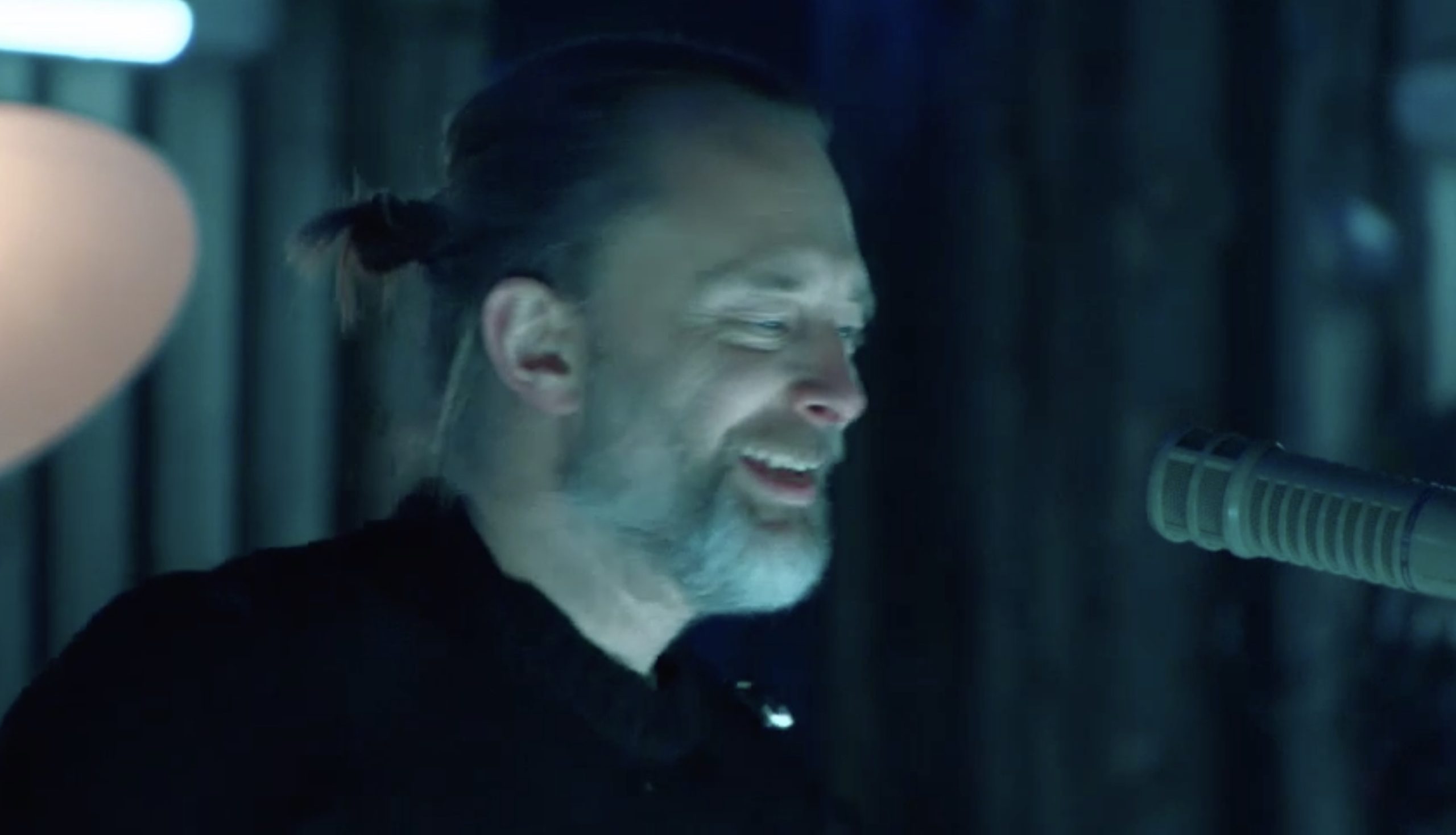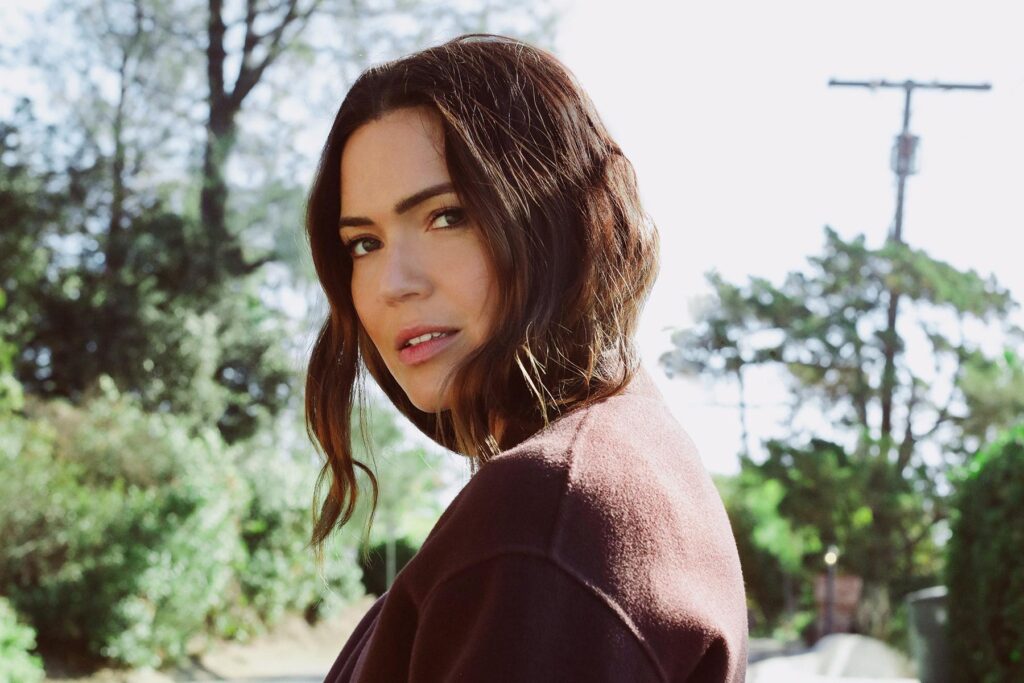
Jethro Tull’s Ian Anderson Talks Poetry, Songwriting in ‘Silent Singing’ Excerpt
Jethro Tull’s Ian Anderson has spent much of the pandemic reading and re-reading old lyrics, all in preparation for his upcoming book, Silent Singing, out this June. The book features every single Tull song — from 1968’s This Was through Jethro Tull’s as-yet-unreleased new album The Zealot Gene — and Rolling Stone is premiering Anderson’s intro exclusively Wednesday, April 7th.
“It’s not that I see it as being poetry,” Anderson says of the lyrics included in the book, which also includes photos taken by the musician. “I wouldn’t want to be thought of as a jumped-up poet who, in retrospect, thinks, ‘Oh, my lyrics are really good; they can stand alone without the music.’ It is simply putting on the record the correct, accurately transcribed, entire catalog of songs.”
“[There was] a lot of work in terms of checking and editing [the songs],” he adds. “I had it in mind to do this one day, and it just seemed, in the pandemic year of 2020, a good time to do at least one thing that would potentially be a little income.”
The Zealot Gene does not yet have a release date, but it will be the band’s first new album in nearly 20 years. The lyrics will be included in the book, then, before they’re released as music. Read on for Anderon’s thoughts on songwriting, lyrics, and poetry.
Tricky buggers, song lyrics. They are not like poetry, where it merely has to look pretty on the page. Problem is, you scribble down the words and then the hour of reckoning arrives. Now you actually have to sing the stuff. Does the poet, while writing, think of his work being one day read aloud by himself/herself, or another person? I don’t know the answer, never having knowingly met a poet. I wonder what they are like. Are song lyrics more akin to a movie script? They might appear a little banal or simplistic in plain draft text but when the actor brings to bear the interpretation, delivery and theatricality, it can spark of sheer genius. Or not, depending on whether it’s a good day at the office. These lyrics were originally written only to be sung rather than passively read as poetry. Sung, their cadence marches in step with the rhythms, phrases and intricacies of the melodies. They may co-exist simply on the page and in the mind but, for me, they enjoy their full resonance when I hear them expressed musically. Depending on whether it was a good day at the office. I am a descriptive writer: not so often a storyteller and almost never a heart-on-sleeve love-rat. Social documentary that you can hum along to. I see something, I want to share it in word and music. That’s about the size of it. There are references and stereotypes in some songs that would be rightly perceived as politically incorrect and insensitive in today’s world. That was then and this is now. I wouldn’t wish to change the essence of the song if writing it today, but I might exercise discreet adjectival discretion!
…
THE WRITING PROCESS
Which came first: the words or the music? That is a question I have often been asked. I wish I could provide a consistent and easy answer. In an ideal world, words and music would have their moment of conception precisely as one. If pressed, I might think of occasions when some musical elements came first – as in “Nothing Is Easy,” “Aqualung” or “Living in the Past.” Consciously written lyrics without any pre-existing music might include “Baker Street Muse” or “Puer Ferox Adventus,” for example. More often, I really can’t recall how exactly the first elements of a song came about.
…Only twice in my life have I collaborated in writing a song. Once was with my first wife Jennie who provided the photographic visuals and lyric text inspiration for the development of the rest of the song “Aqualung.” The other occasion was with Martin Barre on the free-form Hot “Mango Flush,” a
song from the album Dot Com. Great result in the first case; not so good in the second. Otherwise, I fly solo. I don’t think I have it in me to be a good collaborator. I can’t readily loosen up emotionally with another person in that creative process. I am shy, repressed, insecure, inclined to self-loathing and prefer to keep all of the royalties.
The great composers and librettists in classical and operatic works may have worked hand in hand in sublime partnership, but it is too often the composer we remember rather than the author of the libretto. In pop and rock music, there were notable partnerships a-plenty: Lennon and McCartney,
Elton John and Bernie Taupin, even Jagger and Richards.
Lennon and McCartney, I believe, acted as foils for each others’ songs rather than one being responsible for words and the other the music. I understand that Elton John wrote the music only after being provided first with the lyrics to fire up his musical imagination. On the other hand, Andrew Lloyd Webber and Tim Rice had a partnership where Sir Tim was presumably the librettist and no more, receiving the music to which he had to then dream up lyrics, albeit with the benefit of a mutually agreed story or theme. But the vocal chorus lines of “Don’t Cry For Me Argentina” are, perhaps, what we remember best.
True singer-songwriters are closer to having poet credentials. Bob Dylan and Leonard Cohen immediately come to mind. Neither could be said to be masters of the instrument they used for accompaniment or sophisticated musical arrangers and bandleaders. Indeed their limited musical abilities may have been advantageous in allowing them unfettered freedom to take flight lyrically. I know I have always had a flush of excitement when writing a song using an instrument I can play only in simplistic and rudimentary fashion. It keeps you rooted in the basics when too much instrumental expertise can easily take you down overly complex paths.
Often, I wake in the night with a snippet of an idea, either words or music. Or it could be while walking down a street, traveling on a train, in a plane, or a bus. As a songwriter searching for the muse who has not yet deigned to visit, I sometimes wonder: is that precious eventual visitation merely a chance, fleeting encounter with the subconscious mind-store of personal — perhaps childhood — experiences? Or are these images and ideas in some way a channeling of creative and emotional notions received mysteriously from the ether? Do they arrive as if from a crackly old valve radio randomly tuning in to messages from far-off radio transmitters outputting faint signals of wisdom and wonder? Perhaps the painter, writer and composer are born with, or have acquired, more refined mental radio receivers, more precisely tunable to those elusive frequencies. Or maybe we self-proclaimed artist types just have a low boredom threshold and an overworked imagination. I’ll settle for that.
Aqualung (Lyrics largely by Jennie Anderson)
Sitting on a park bench, eyeing little girls with bad intent.
Snot running down his nose; greasy fingers smearing shabby clothes.
Hey, Aqualung.
Drying in the cold sun, watching as the frilly panties run.
Hey, Aqualung.
Feeling like a dead duck; spitting out pieces of his broken luck.
Oh, Aqualung.
Sun streaking cold, an old man wandering, lonely,
taking time the only way he knows.
Leg hurting bad as he bends to pick a dog-end;
he goes down to the bog and warms his feet.
Feeling alone, the army’s up the road,
salvation à la mode and a cup of tea.
Aqualung my friend: don’t you start away uneasy.
You poor old sod, you see it’s only me.
Do you still remember December’s foggy freeze?
When the ice that clings on to your beard was screaming agony.
And you snatch your rattling last breaths with deep
‘Silent Singing: The Complete Lyrics Of Ian Anderson And Jethro Tull’ is published in June by Rocket 88 Books. Fans can get their name printed in the book by pre-ordering before Mon 12th April. Visit jethrotulllyricbook.com




